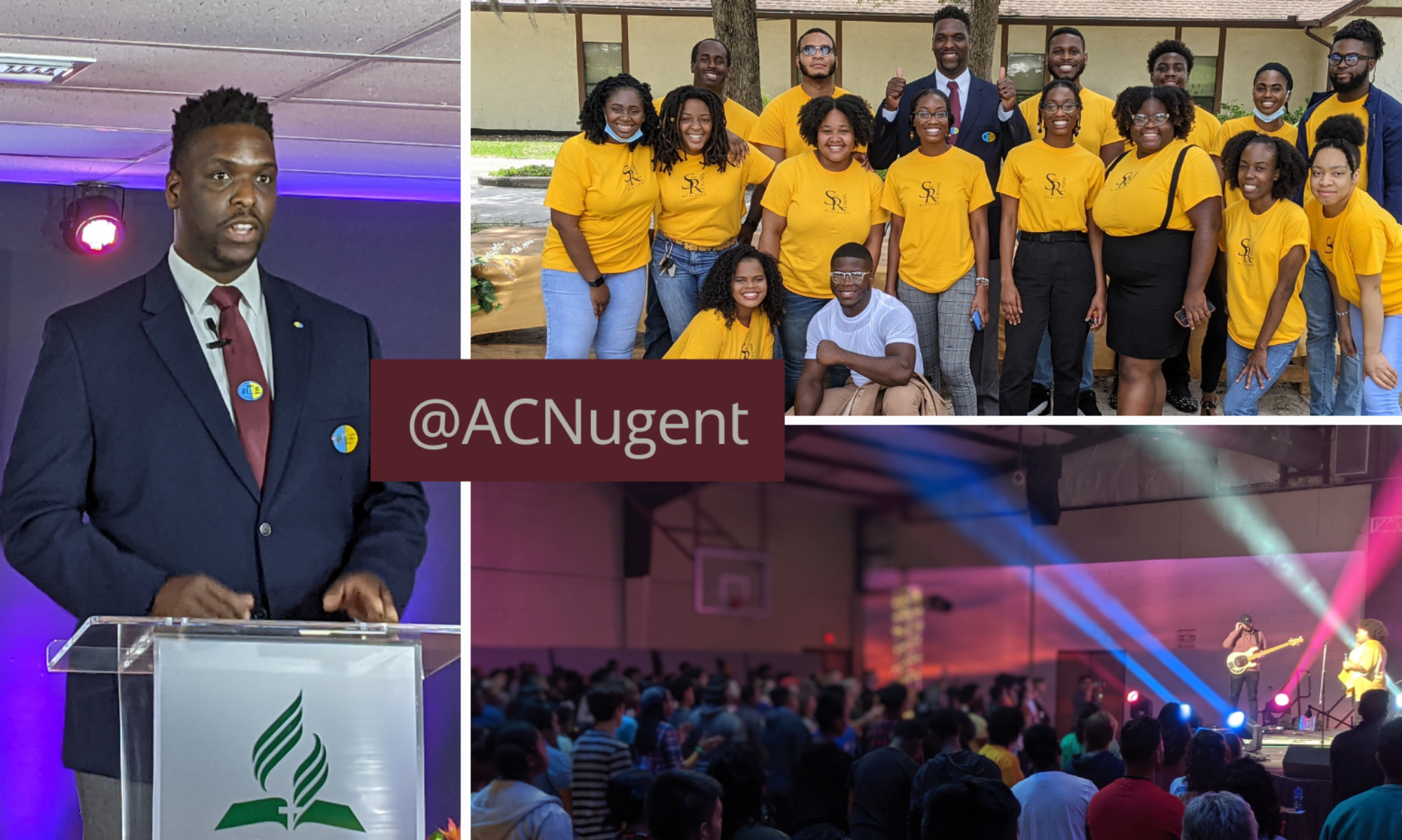Excerpts taken from George R. Knight’s articles, “The Social Function of Adventist Education” *
Genesis 18: 19 – “For I have chosen him, so that he may command his children and his household after him to keep the way of the Lord by doing righteousness and justice, so that the Lord may bring upon Abraham what He has spoken about him.” – From <https://biblia.com/books/nasb95/Ge18.19>
Abraham was chosen because God saw that he would be faithful in teaching his household.
Matthew 28: 19-20 – “Go therefore and make disciples of all the nations, baptizing them in the name of the Father and the Son and the Holy Spirit, teaching them to observe all that I commanded you; and lo, I am with you always, even to the end of the age.” – From <https://biblia.com/books/nasb95/Mt28.19>
Jesus’s parting words were “teach all nations”
The future of any society will be shaped by its current youth. And the direction they will take that society will to a large extent be determined by their education. Thus, the control of educational institutions and the content to be taught in those institutions has been a perennial social issue.
To shape educational policy is to guard the path that leads from the present to the future . . . . – George S. Counts
God’s ideal for Seventh-day Adventist education reflects both a conservative social function and a revolutionary one. It is to be conservative in the sense that it seeks to transmit the unchanging truths of the Bible across time, but it is to be revolutionary as a change agent of a righteous God in a sinful world.
In harmony with the Bible, Adventist education will develop Christians who can relate well to others in this world. But even more important, Adventist schools will educate students for citizenship in the kingdom of heaven.
*This article originally appeared as a chapter in George R. Knight’s most recent publication Educating for Eternity: A Seventh-day Adventist Philosophy of Education (Berrien Springs, Mich.: Andrews University Press, 2016). Reprinted by permission of the publisher. See also the review of the book in the Book Review section. – From <https://dialogue.adventist.org/2325/the-social-function-of-adventist-education>



